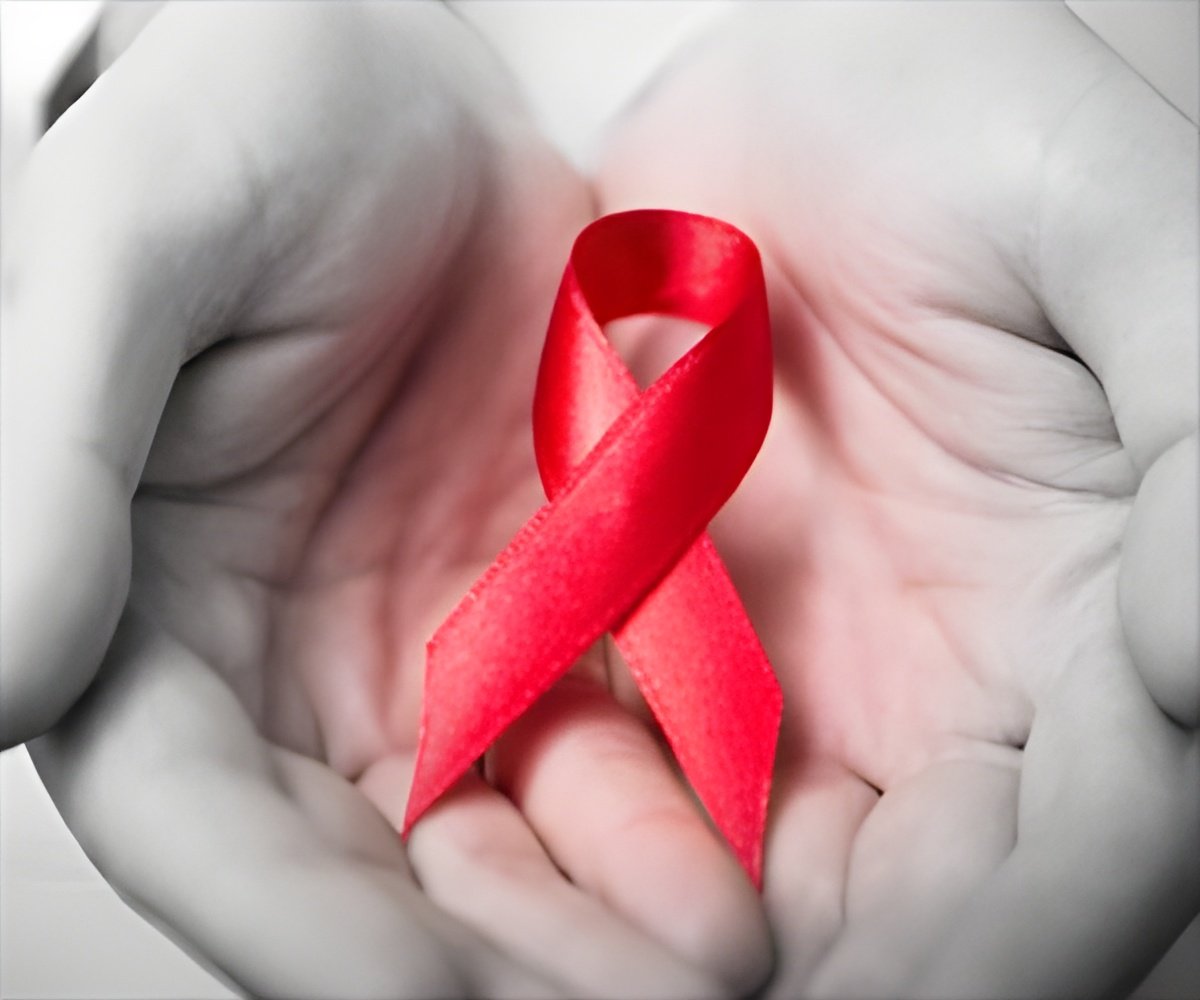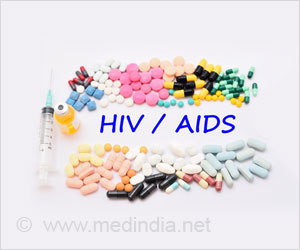A microbiologist at Madras Medical College, South India she and her team for the first time documented evidence of HIV infection in India.

"More than the virus itself, Dr Solomon was concerned about the stigma HIV positive people faced," said Dr D Dhanikachalam, head of technical support unit, Tamil Nadu State Aids Control Society (TANSACS). "When the epidemic was first discovered, people were afraid to go close to those with HIV. She felt the pain they went through and worked to fight not just the virus but the discrimination too," he said.
She was trained in pathology in the UK and the US, her experience covered a range of aspects linked to HIV infection, biomedical parameters to socio-economics. She also published papers extensively on HIV epidemiology, prevention, care, support and related gender issues.
Dr Suniti Solomon moved beyond research to set up Y R Gaitonde Centre for AIDS Research and Education (YRG CARE), a premier HIV/AIDS care and support center, in Chennai. In 2012, Dr Suniti Solomon was given the Lifetime Achievement Award for Service on HIV/AIDS by the state-run Dr MGR Medical University.
"She was a no nonsense person with a high sense of commitment. Her work is testified through hundreds of publications and her contribution is acknowledged across the world. As a teacher, she taught over 25 batches of students in MMC," Dr Sundararaman.
Source-Medindia















